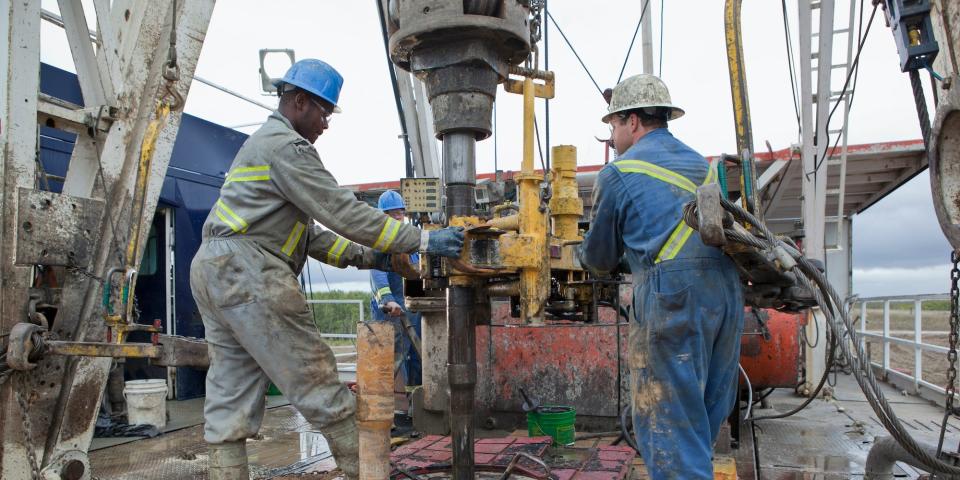Oil could surge nearly 50% when China completely reopens after ending zero-COVID policy, energy expert Dan Yergin says

Brent crude oil could rise to $121 a barrel when China fully reopens its economy, Dan Yergin said.
Brent crude trading at that level would mark a 48% rise from Wednesday's price at around $81 a barrel.
A "real recession" could push Brent down to $70 a barrel, Yergin said.
Brent crude oil could jump to $121 a barrel next year when China fully reopens its economy after abandoning strict policies to restrain COVID-19 infections, says energy historian Dan Yergin.
"If China gets over Covid...then you add a lot of demand to the market," Yergin said in a Tuesday interview on CNBC's "Street Signs Asia".
The vice chairman of S&P Global said its base case for Brent oil–the international benchmark–is $90 a barrel next year, but there are factors to consider that could swing that price including strains of gas and oil underinvestment.
"If you go back to your China story, China comes roaring back, underinvestment in oil and gas, we get up to like $121," said Yergin, who won a Pulitzer as the author of "The Prize: The Epic Quest for Oil, Money & Power".
Brent rising to $121 a barrel would represent a 48% increase from Wednesday's mid-session level of $81.70 a barrel.
Cities across China in recent weeks have been reducing, changing the terms, or ending various testing and quarantine requirements that were aimed at curbing COVID infections.
Brent last traded above $120 a barrel in June. For 2022, it first surpassed that level in March after Russia launched a war against Ukraine.
In the face of a "real recession," Yergin said Brent could fall to around $70 a barrel. That would represent a 14% decline from current levels.
"I would say $90 is the base case. And I think OPEC plus around $80 a barrel is when they start to get really concerned and might make another cutback, but I don't think we're there yet. And it's complicated because one member of OPEC plus is Russia," he said.
Beijing imposed a strict zero-COVID policy following the 2019 outbreak of coronavirus from that country. Economists have said the tight restrictions have put increased downside pressure on the world's second-largest economy.
The easing of COVID restrictions began in late November following mass protests throughout the country, some of which turned violent and called for the resignation of Chinese President Xi Jinping.
Read the original article on Business Insider

 Yahoo Finance
Yahoo Finance 